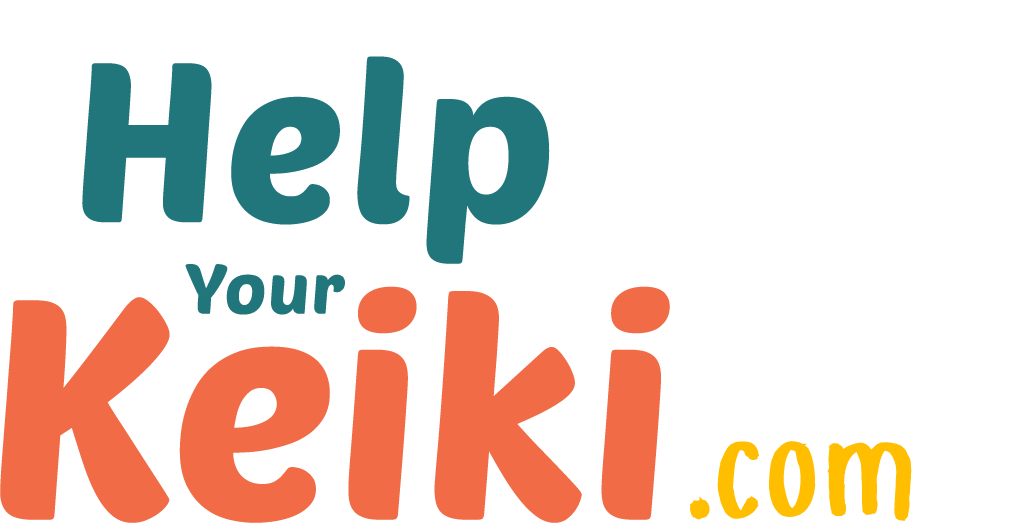Social Skills
Therapists help build social skills by using exercises that give the child information, training, and feedback about the way they interact (e.g., play, speak, work) with others. The goals of these exercises are to increase positive interactions with others and to give the child tools to interact appropriately.
What should my therapist be doing?
Discussing the benefits of your child developing good social skills to interact with others
Describing basic skills (e.g., eye contact) when talking to someone; listening; giving and receiving compliments; starting, making and ending conversations; and conflict resolution skills
Teaching nonverbal communication skills such as body posture, personal space, gestures, facial expressions, tone and volume of voice, and timing of speech (i.e., interrupting others or speaking too fast or slow)
Demonstrating proper use of social skills, roleplaying with your child, providing feedback, and applying the skills in real life situations
What should I be doing?
Encouraging your child to practice their social skills
Providing your child with opportunities to practice their social skills with others
Learning the various components of social skills and practicing them with your child, while modeling proper social skills techniques
Praising your child for using these skills in day to day settings
How will I know if it is working?
Your child uses his new social skills
Your child has an easier time meeting new people and having conversations, which may lead to making more friends
The overall quality of your child’s relationships improve





















